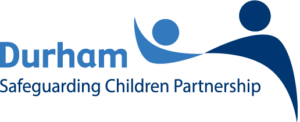Family Hubs
Family Hubs bring people together from the council, NHS, community organisations and more to support families all in one place. They use the ‘Think Family’ approach. Think Family is a way of thinking and working that encourages staff to consider the whole family when carrying out work with individual children or adults. This is based on evidence which shows that if one person in a family is experiencing problems, it can have an effect on other members of the family. By considering and addressing the needs of all family members it is more likely that positive changes takes place.
Family Hubs provide support from pregnancy right up until a child turns 19, or 25 if they have special educational needs and disabilities. They can support families with social care, education, mental health, and physical health needs and are there to make a positive difference for all families.
See Family Hubs for more information.
For professionals who have early help worries about a family and have consent to share these worries a ‘request for early help’ can be made. If it is agreed between the professional and the Early Help Triage Worker that Family Hubs is the most appropriate service to support the family this will be agreed through the ‘Requesting Early Help’ process.
Team Around the Family (TAF)
Early Help Assessment and The Team Around the Family: A guide for Mams, Dads and Carers.pdf
Group learning
Group Learning takes place regularly within Family Hubs and involves practitioners working with colleagues discussing a family that is open to them where they may be stuck or require space for reflective practice and slow thinking to help them progress with the case. The principles used in Group Learning are underpinned by the Signs of Safety/Wellbeing practice approach which is now used by Children’s Services.
If you would like to attend a Group Learning session as part of your development then please email EarlyHelpAdvisorSupport@durham.gov.uk who can arrange this for you.
Tools to help obtain the Voice of the Child
View the Voice of the Child Toolkit.
